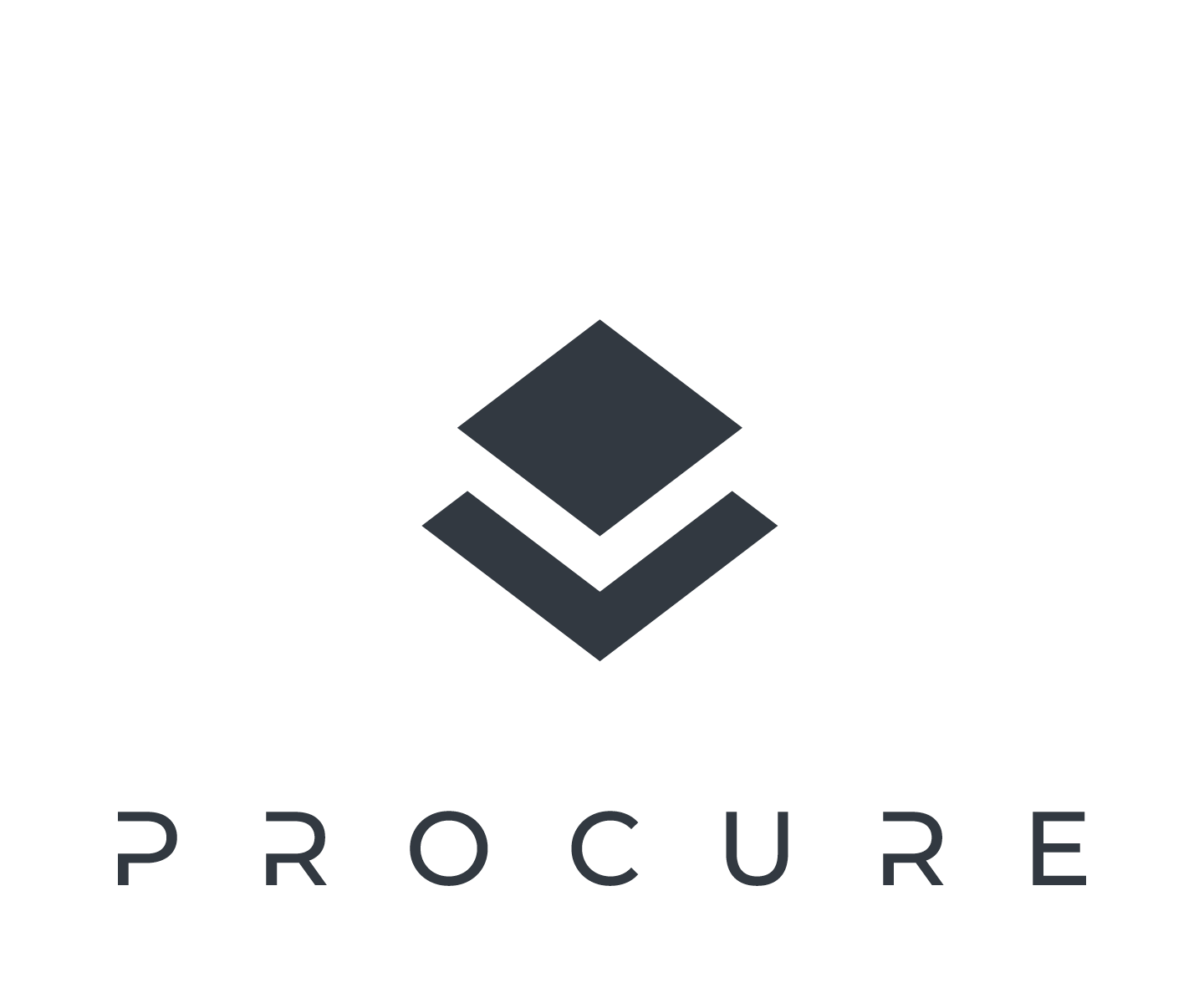The Delphi Methodology on Public Procurement in the Healthcare Sector: Key Elements for Success
By the Institute for Health Sciences in Aragon (IACS)
The European project PROCURE aimed to identify key elements for successful public procurement practices in the healthcare sector as part of its activities. To achieve this, the project implemented the Delphi methodology. The objective was to outline the essential aspects that any Healthcare Public Procurement Process (HCPP) should follow to achieve the desired outcomes. With this aim, experts in HCPP from 10 countries participated in the process, engaging in a series of consultation rounds to reach consensus on these critical elements.
The Delphi Methodology
In order to form an unbiased panel, different types of experts in the field of healthcare procurement were recruited, covering the following profiles: procurers, suppliers, health regulators, health policy makers, academics or researchers, and healthcare professionals. In total 29 experts from 10 different countries participated. In parallel, an initial version of the Delphi questionnaire was developed, to be evaluated by the panel experts, using an extensive bibliography, as well as external expert review.
The Delphi methodology consisted on two online rounds of consultation through a web-based questionnaire, followed by a final face-to-face structured meeting that was held in Zaragoza on December 12-13th of 2024. This iterative approach allowed experts to refine their views and discuss the core elements of a successful procurement process, ensuring that the final list of agreed-upon criteria was based on a broad consensus.
Key Results
By the end of the process, a comprehensive list of criteria and categories was developed, representing the consensual key elements for successful public procurement practices in the healthcare sector. This list can be used as a benchmark to assess the potential success of any specific public procurement process within healthcare. These key elements cover various aspects of the procurement process, from legal frameworks to the evaluation of outcomes.
Main Conclusions
Several key insights emerged from the Delphi methodology, which can guide future healthcare procurement practices:
Specific Legal Framework: The importance of a well-defined and robust legal framework for healthcare public procurement was highlighted as a foundational element for success. Experts stressed the need for clear regulations that govern the entire procurement lifecycle.
Unified Understanding of Sustainability: Experts agreed that a common understanding of sustainability across all stakeholders in the HCPP is essential. This includes addressing varying interpretations of sustainability by different actors and ensuring that all parties align on what constitutes sustainable practices.
Capacity Building and Training: The necessity of building capacity and providing continuous training for stakeholders involved in the procurement process was emphasised. This ensures that procurement officers and other professionals are equipped with the necessary skills and knowledge to manage complex healthcare procurement processes effectively.
Standardized Metrics and Performance Indicators: Experts stressed the importance of developing standardized metrics and performance indicators for monitoring and controlling the execution of procurement processes. These indicators would provide transparency and clarity in assessing the performance of suppliers and the procurement process itself.
Preparedness for Emergency Situations: The Delphi process also underscored the need for preparedness in emergency situations. Experts called for a more flexible legislative environment that allows for timely responses to unforeseen events, such as public health crises, while maintaining legal compliance.
Evaluation Based on Patient and Healthcare Professional Outcomes: An essential conclusion was the importance of evaluating healthcare procurement processes based on patients and healthcare professionals’ outcomes. This evaluation should balance patient outcomes with economic considerations and incorporate value-based indicators, ensuring that the procurement process delivers long-term benefits to both patients and the healthcare system.
Transparency, Equal Treatment, and Fair Competition: Throughout the process, the experts stressed the importance of transparency, equal treatment, and fair competition in all stages of the procurement process. Ensuring these principles would contribute to building trust among stakeholders and achieving a fair and efficient procurement system.
The Delphi process conducted within the PROCURE project provides valuable insights into the key elements necessary for successful public procurement in the healthcare sector. The list of agreed-upon criteria, that will be published in the project’s website, serves as a reference point for assessing the potential success of any healthcare public procurement process, ensuring that it is aligned with the overarching goals of improving patient outcomes, promoting fairness, and fostering efficiency in healthcare systems.

